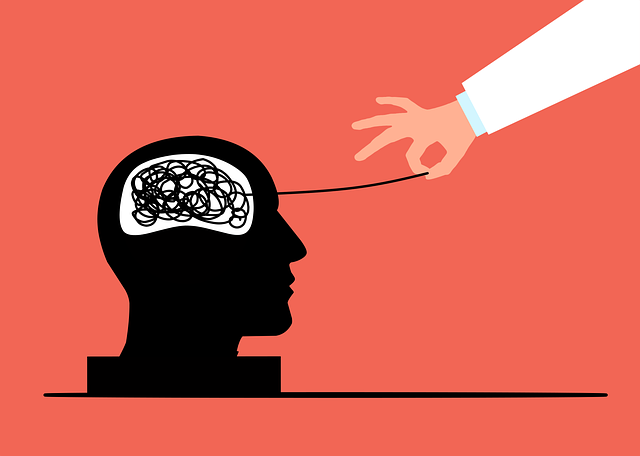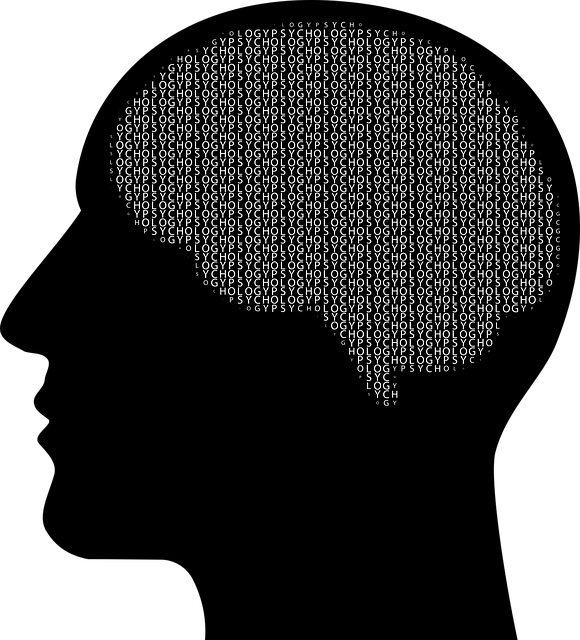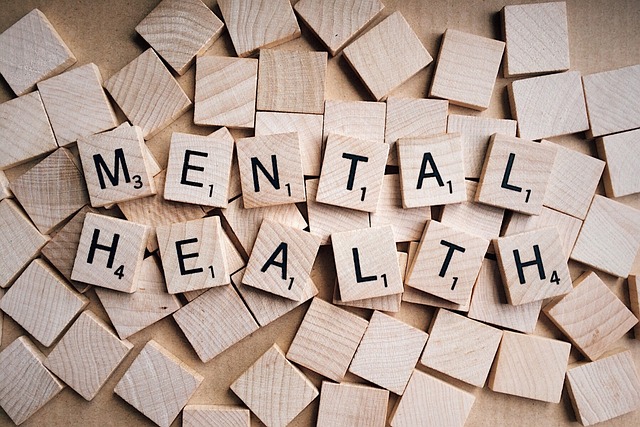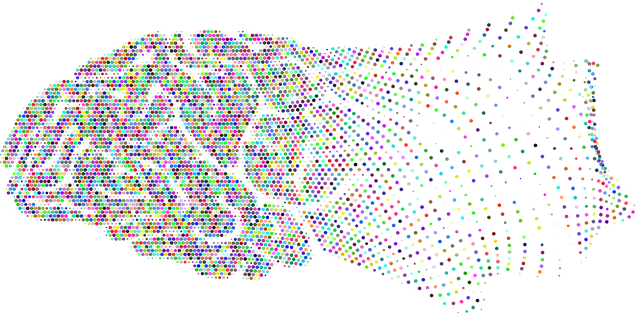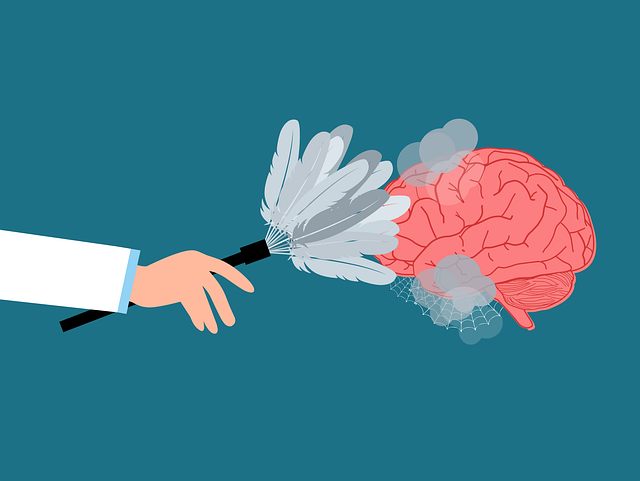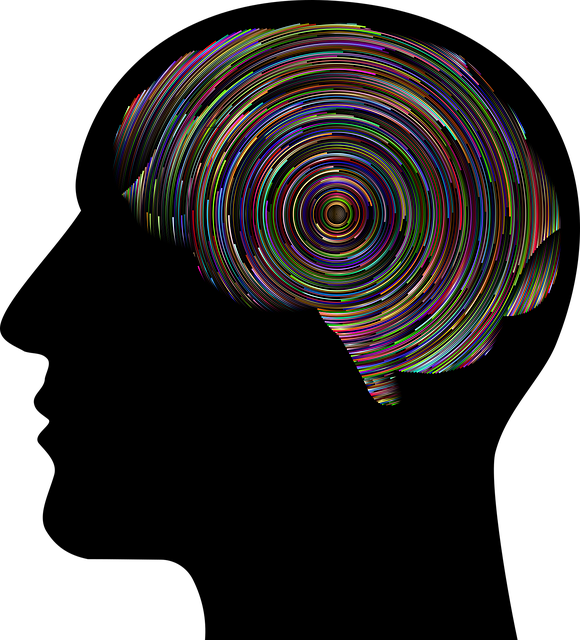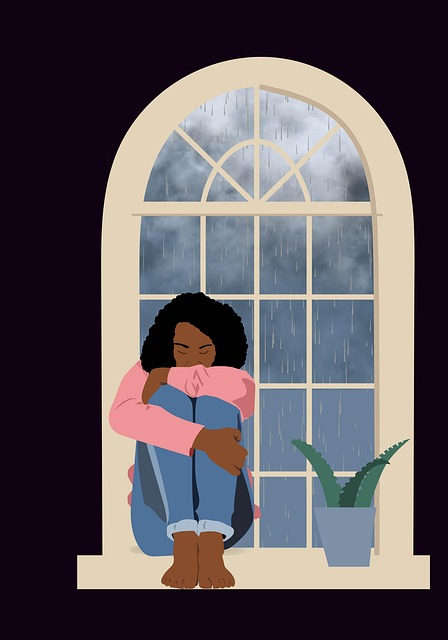Anxiety in young children, often associated with Attention-Deficit/Hyperactivity Disorder (ADD/ADHD), is a growing concern. Early recognition and comprehensive evaluations are key to effective management. Tailored therapy focuses on building inner strength, mindfulness, and trauma support, empowering kids to cope with anxiety. Cognitive Behavioral Therapy (CBT) and Mindfulness-Based Therapies prove successful, with cultural sensitivity ensuring inclusive treatment. Structured routines, mental health education, and public awareness campaigns also contribute to alleviating anxiety in young individuals with ADD/ADHD, enhancing their overall well-being.
Managing anxiety is essential, especially for young children who may struggle with understanding and expressing their feelings. This article explores effective strategies to help young individuals cope with anxiety, focusing on common therapy approaches and the unique considerations of ADD/ADHD evaluations. We delve into practical daily techniques that parents and caregivers can employ to create a supportive environment, fostering resilience and emotional well-being. By combining therapeutic methods with tailored assessments, we aim to provide guidance for comprehensive anxiety management in young children.
- Understanding Anxiety in Young Children
- Common Therapy Approaches for Anxiety Management
- The Role of ADD-ADHD Evaluations in Anxiety Treatment
- Practical Strategies for Daily Anxiety Reduction
Understanding Anxiety in Young Children

Anxiety in young children is a common concern, often manifesting as fears, worries, and restlessness. Recognizing the early signs is crucial. Many factors can contribute to anxiety in kids, including genetic predisposition, life events, or underlying conditions such as Attention-Deficit/Hyperactivity Disorder (ADD/ADHD). A comprehensive understanding involves assessing these aspects through evaluations tailored for young minds.
Effective therapy for young children should focus on fostering inner strength development and mindfulness meditation techniques. Trauma support services can also play a significant role in addressing any past experiences that may have triggered anxiety. By providing safe spaces to explore emotions, these approaches help kids develop coping strategies, build resilience, and learn to manage their anxieties in healthy ways.
Common Therapy Approaches for Anxiety Management

Anxiety disorders are a prevalent concern among individuals of all ages, including young children who often experience Anxiety symptoms that may impact their overall well-being and development. When it comes to managing anxiety in this age group, various therapeutic approaches have proven effective. One common therapy is Cognitive Behavioral Therapy (CBT), which helps children identify and change negative thought patterns and behaviors contributing to their anxiety. CBT encourages a more positive outlook and provides practical strategies to cope with anxious feelings.
Another notable approach, especially for young individuals with Attention-Deficit/Hyperactivity Disorder (ADHD) evaluations, is Mindfulness-Based Therapies. These therapies focus on training children to be fully present in the moment, increasing awareness of thoughts and emotions without judgment. Techniques such as meditation and deep breathing promote relaxation and stress management, which are crucial aspects of Anxiety reduction. Cultural sensitivity in mental healthcare practice plays a vital role here, ensuring that these interventions are adapted to suit diverse cultural backgrounds and beliefs. Public awareness campaigns development can also educate parents and caregivers about recognizing anxiety signs and the availability of support services.
The Role of ADD-ADHD Evaluations in Anxiety Treatment

In the realm of anxiety management, particularly for young children, Attention-Deficit/Hyperactivity Disorder (ADD-ADHD) evaluations play a pivotal role. These assessments are crucial in identifying not only learning and behavioral challenges but also their impact on emotional regulation. By integrating knowledge from ADD-ADHD evaluations into therapy sessions, mental health professionals can tailor interventions that address both the child’s cognitive and affective needs. This holistic approach, coupled with cultural sensitivity in mental healthcare practice, ensures that treatments are effective and sensitive to diverse backgrounds and experiences.
Community outreach program implementation further enhances this process by providing support systems outside clinical settings. These programs often focus on promoting emotional regulation skills through age-appropriate activities and education, fostering an environment where children feel understood and equipped to manage anxiety symptoms. This multi-faceted strategy, combining evaluations, culturally sensitive practices, and community outreach, offers a comprehensive solution for managing anxiety in young individuals with ADD-ADHD, enhancing their overall well-being and quality of life.
Practical Strategies for Daily Anxiety Reduction

Anxiety is a common challenge faced by many, especially young children with Attention Deficit Disorder (ADD-ADHD). Practical strategies for daily anxiety reduction can significantly improve their well-being and overall quality of life. One effective approach is incorporating structured routines and organized environments, which help children with ADD-ADHD feel more secure and in control. This includes establishing consistent schedules for meals, sleep, and activities, as well as creating a clutter-free living space that promotes focus and reduces sensory overload.
Additionally, engaging in mental health education programs designed specifically for young minds can empower children to understand and manage their anxiety. Public awareness campaigns focused on breaking the stigma associated with mental health issues also play a crucial role in encouraging open conversations and early intervention. Regular therapy sessions, particularly those tailored for ADD-ADHD evaluations, offer valuable tools and coping mechanisms. Moreover, risk assessment for mental health professionals ensures that these specialists are equipped to handle complex cases effectively, ultimately fostering a supportive environment for children’s mental health development.
Anxiety management techniques for young children involve a multi-faceted approach. Understanding anxiety in this age group, along with common therapy approaches and the role of ADD-ADHD evaluations, provides a robust framework for treatment. By integrating practical strategies for daily anxiety reduction, parents and caregivers can help children navigate their feelings effectively. Customized therapy tailored to individual needs, including those identified through comprehensive ADD-ADHD assessments, ensures a more successful and holistic approach to managing anxiety in young minds.
